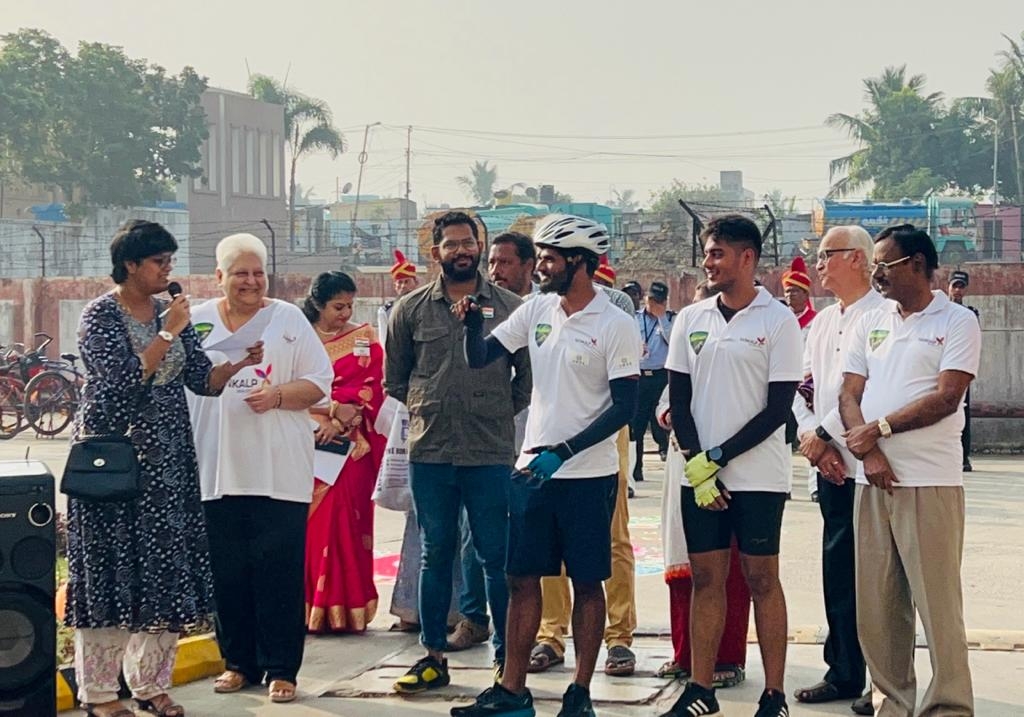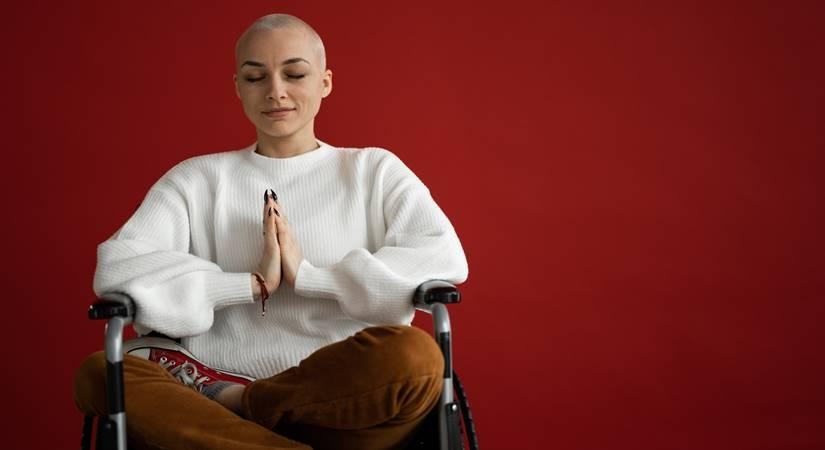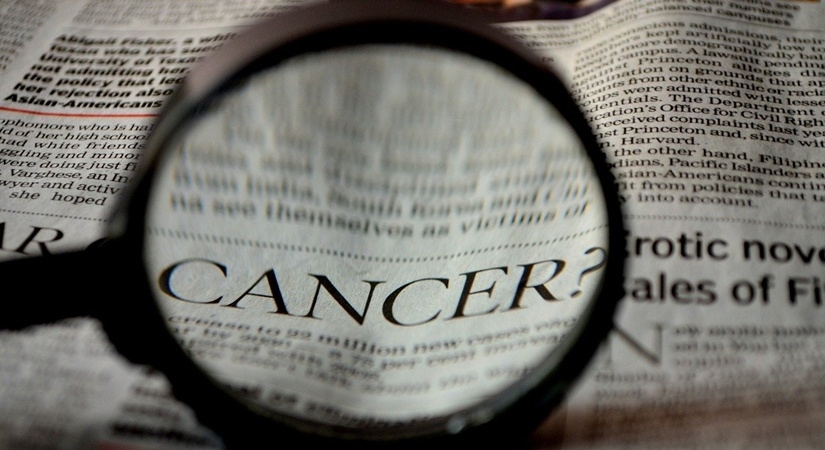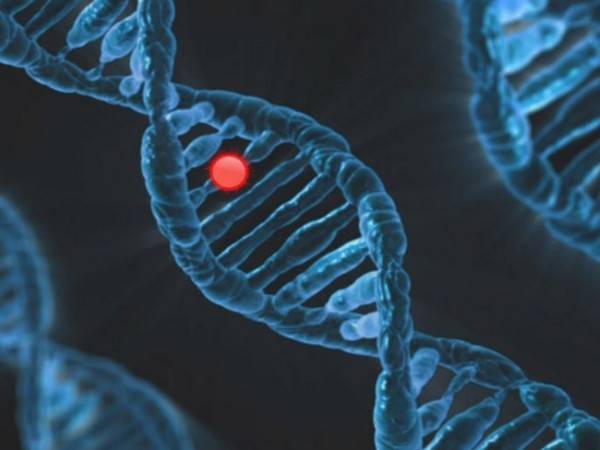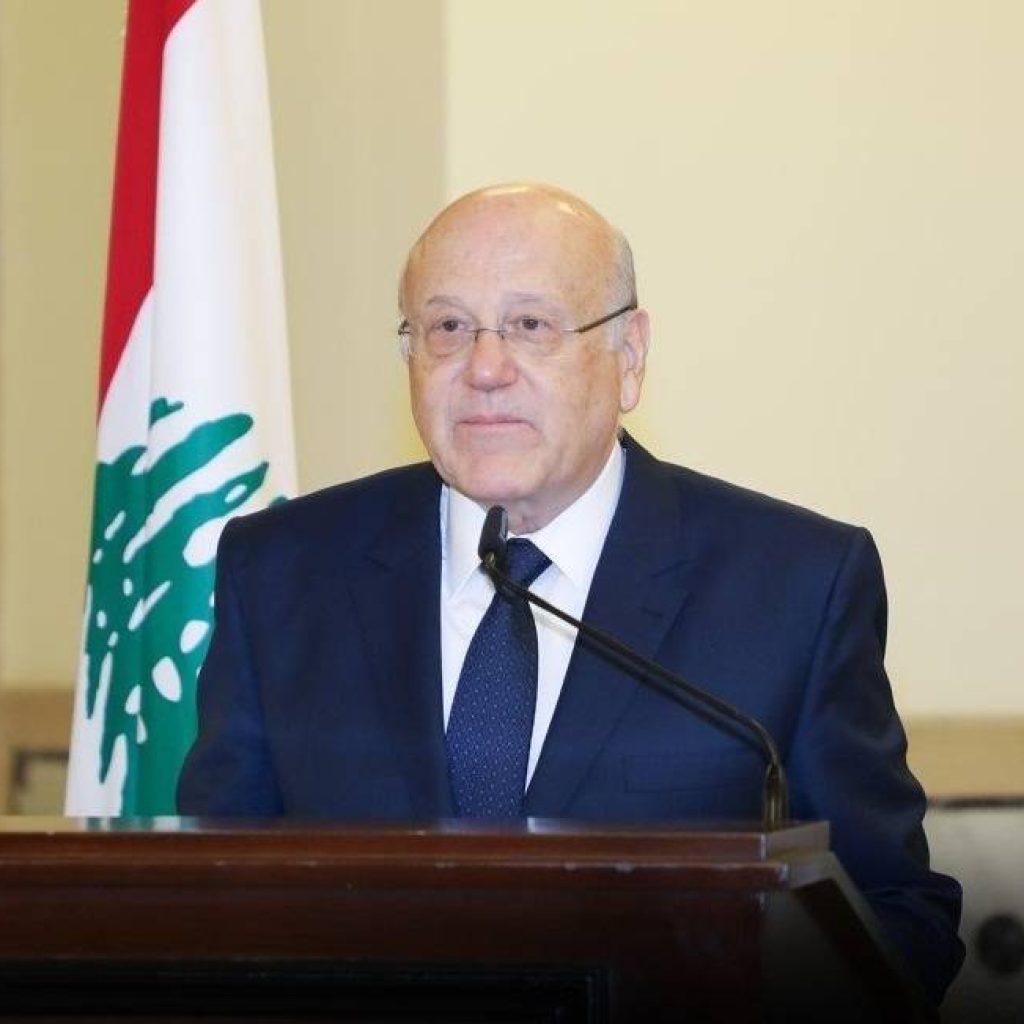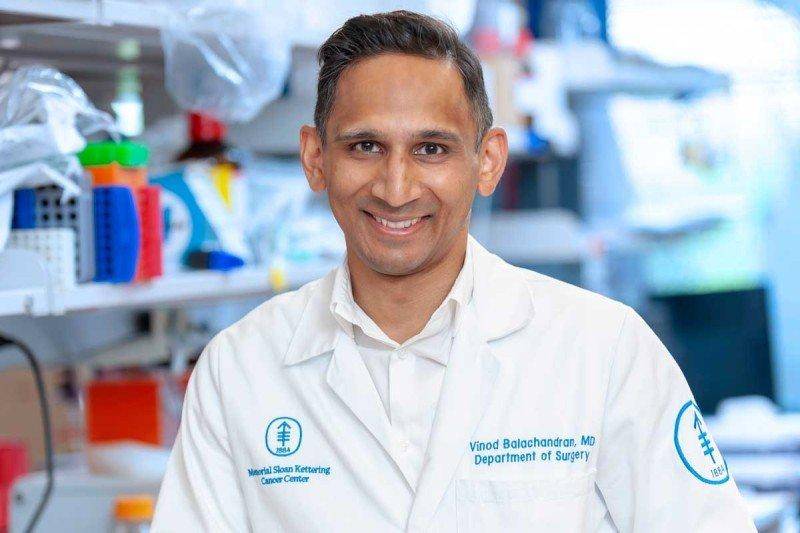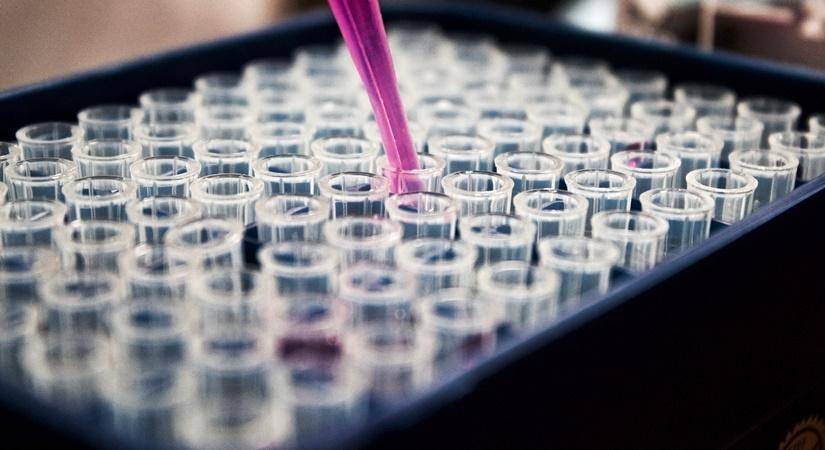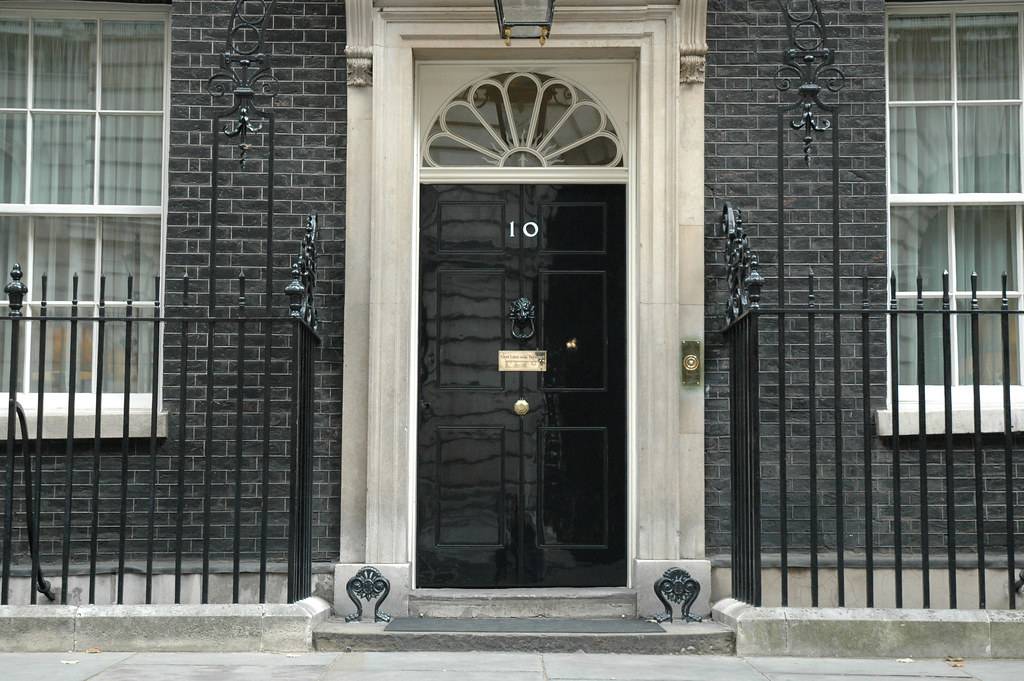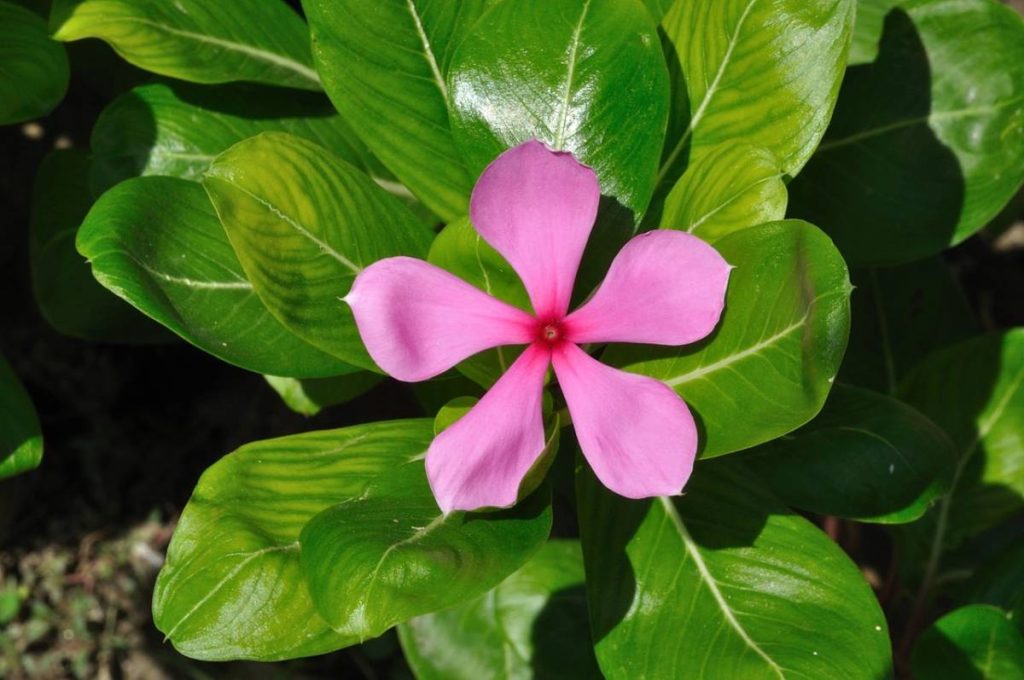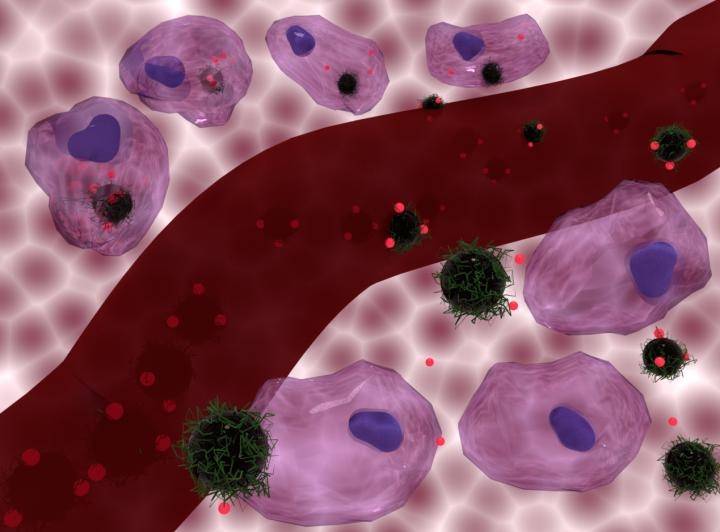The journey would end in Kolkata on February 4, 2023, after passing through Nellore, Vijayawada, Kakinada, Vizag, Brahmapur, Cuttak, Balasore, and Kharagpur. The eight-day bicycle ride, which averages 200 km per day, covers a total of 1746 kilometres over the course of the eight days…reports Asian Lite News
Sankalp Beautiful World, a charitable trust focused on a mission to eradicate cancer and Shiva Ravi, an ultra-endurance cyclist, embarked on a noble mission in support of Cancer patients. Shiva will pedal from Chennai and go all the way to Kolkata covering 1746 km in ten days with a single point objective to create awareness, raise funds for cancer cause and encourage people to fight against cancer.
Jai Aswani, a passionate long-distance runner and cyclist and Ambassador for several leading brands, will be the co-cyclist & crew captain who will be guiding and supporting Shiva during this entire ride. The ride will culminate in Kolkata on February 4, 2023 which is the ‘World Cancer Day’.
The cycle ride was flagged off from Purvankara Windermere, Pallikarnai, Chennai, in front of a huge gathering by, Prof. D. Viswanathan,Vice Chairman, Sankalp Beautiful World (Former VC of Anna University, Chennai), Neerja Malik, two time Cancer Winner & Global Cancer Counsellor , Dr. Santhosh Rajan, Maxillofacial surgeon & Oral cancer consultant, Sankalp Beautiful World, Anilkumar G Kulkarni, Manager, Johnson Electric Pvt Ltd , Sairam Ramaswamy, Bharat Sharma and Ramya Jayaraman Directors of Sankalp Beautiful World.
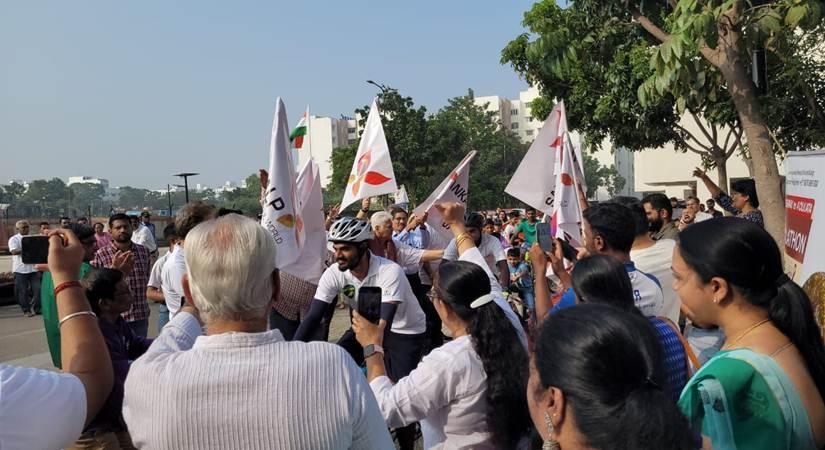
The journey would end in Kolkata on February 4, 2023, after passing through Nellore, Vijayawada, Kakinada, Vizag, Brahmapur, Cuttak, Balasore, and Kharagpur. The eight-day bicycle ride, which averages 200 km per day, covers a total of 1746 kilometres over the course of the eight days.
Embarking on this cycling endeavour for the cause of cancer patients, Shiva Ravi said, “We all need to come together to fight against cancer by creating awareness and sensitising people. Cancer is curable if detected at an early stage and I have known people who have overcome this successfully”. He added, “My grandmother died of cancer 19 years back. Unfortunately, it was detected at a very late stage and treatment options were also significantly limited then. She continues to be one of the reasons and motivation to associate for this cause and because of which I joined Sankalp to create awareness and support in a small way.” Shiva Ravi, who has completed 200 km, 300 km, 400 km and 600 km Brevet, conducted by Audax Club of Parisen (ACP), has also cycled 1100km from Chennai to Coimbatore, and cycled from Chennai to Vizag and back covering distance of 1600 km for Cancer awareness ride in 2022.
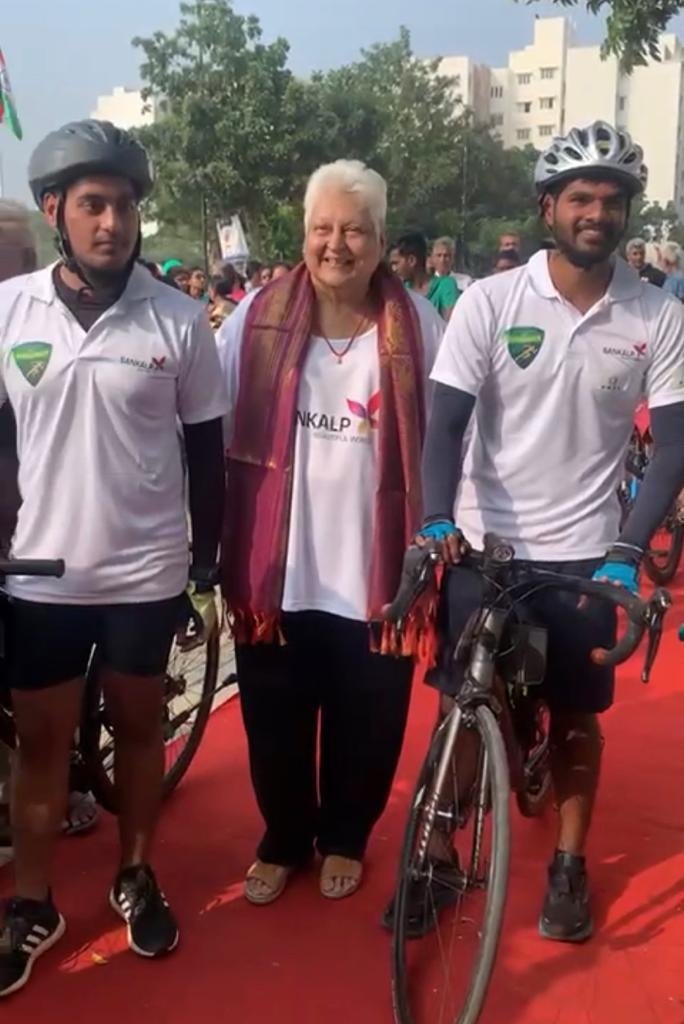
Making everyone aware about cancer and the various cancer prevention strategies is the first step towards making this world cancer free. Let it be our Sankalp (commitment) to come together and support all those who are fighting this war against cancer and in making the World more Beautiful – Dr. Arvind Krishnamurthy, Co Founder, Sankalp Beautiful World (Professor & Head, Surgical oncology, Cancer Institute)
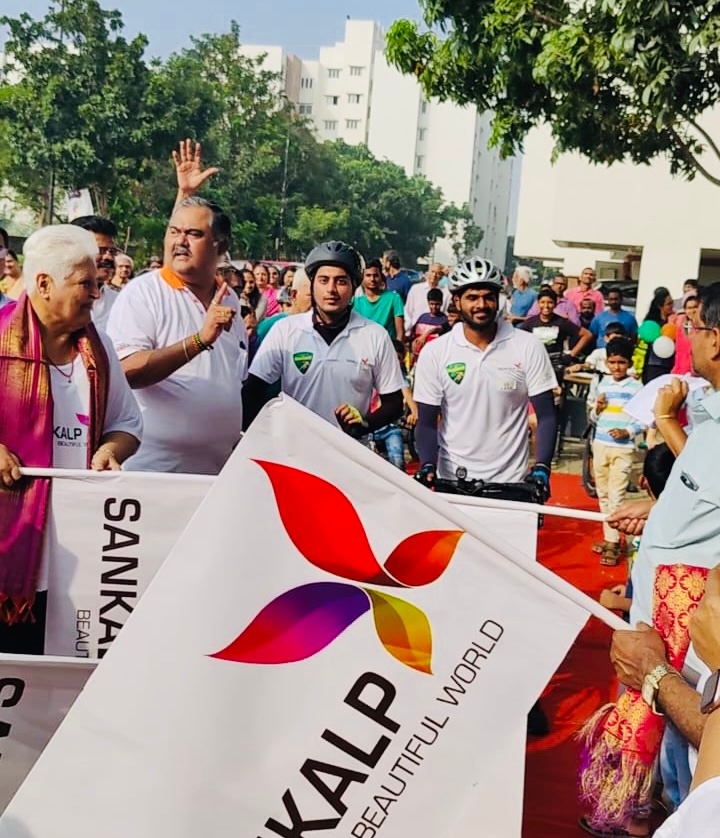
Speaking on occasion, Sheela Anand , Director, Sankalp Beautiful World, said, “Prevention is better than cure”, this phrase is not an old saying, but a GOLD saying. The saying holds very apt for illness like Cancer. At Sankalp Beautiful World we always aim in creating a Cancer free beautiful world and truly believe creating awareness is key. This Cyclathon involving youngsters and people from different age groups is one such initiative. An initiative where in it educates us all about the importance of early diagnosis and rooting hopes to the affected.

